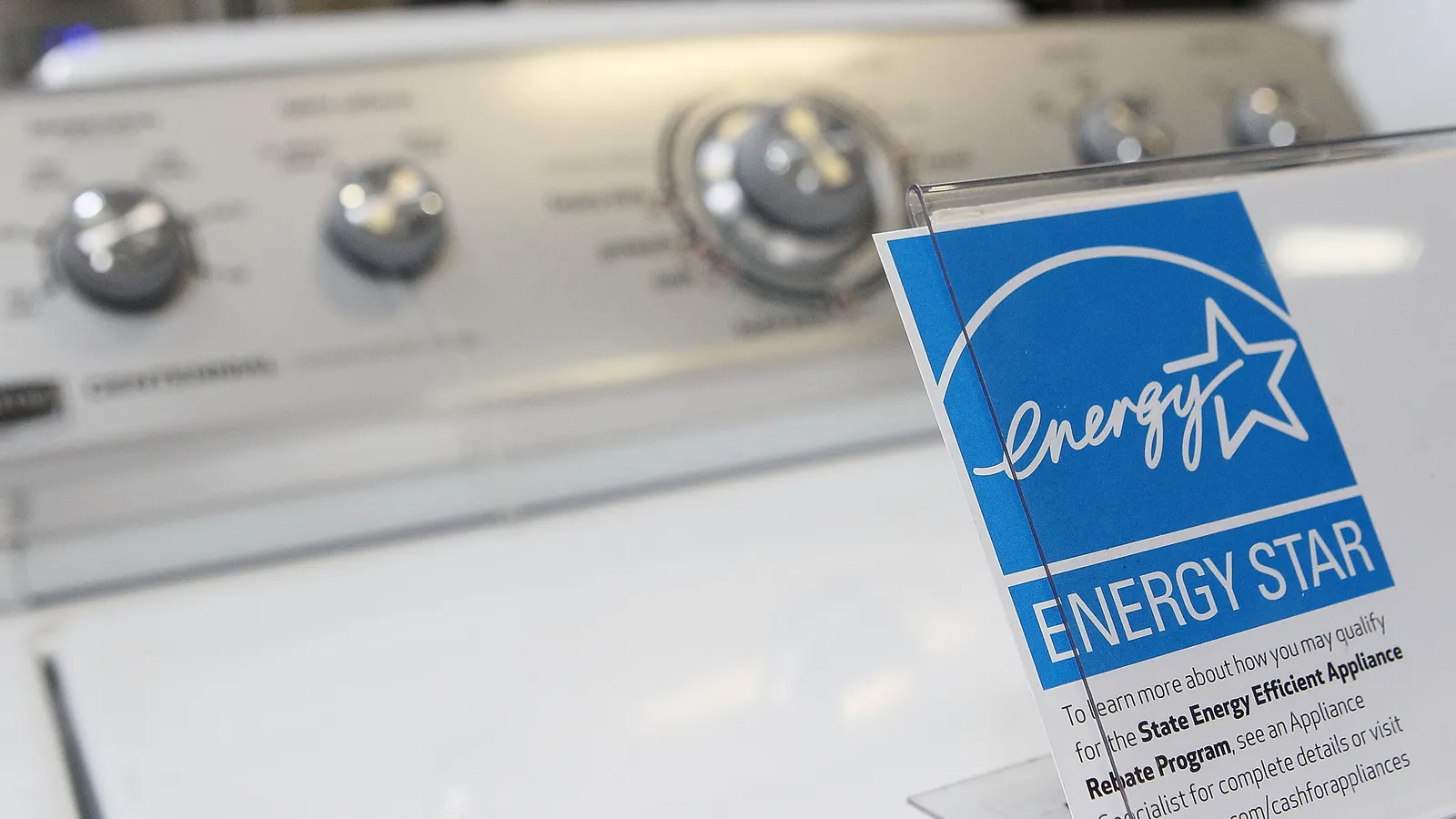The global pursuit of carbon neutrality faces a critical challenge: the efficiency of household appliances. Research from CLASP highlights a significant gap between the necessary advancements in appliance efficiency and the current regulatory frameworks in place, particularly in the U.S. This discrepancy poses a substantial barrier to achieving climate goals, as appliances account for a considerable portion of energy consumption and greenhouse gas emissions. The urgency of addressing this issue is underscored by the need for more stringent standards and policies that align with the scientific consensus on energy efficiency and emissions reduction. Without a concerted effort to enhance appliance performance, the aspirations for a sustainable future may remain unfulfilled.
To bridge this gap, CLASP advocates for a comprehensive reevaluation of appliance efficiency standards, emphasizing the importance of aligning them with climate objectives. Key insights suggest that improved efficiency can lead to significant reductions in energy use and emissions, ultimately contributing to global carbon neutrality goals. Policymakers must prioritize the implementation of robust regulations that incentivize innovation and adoption of high-efficiency appliances. By fostering collaboration between governments, manufacturers, and consumers, the transition to a more sustainable appliance landscape can be accelerated, ensuring that the world moves closer to its carbon-neutral aspirations.








